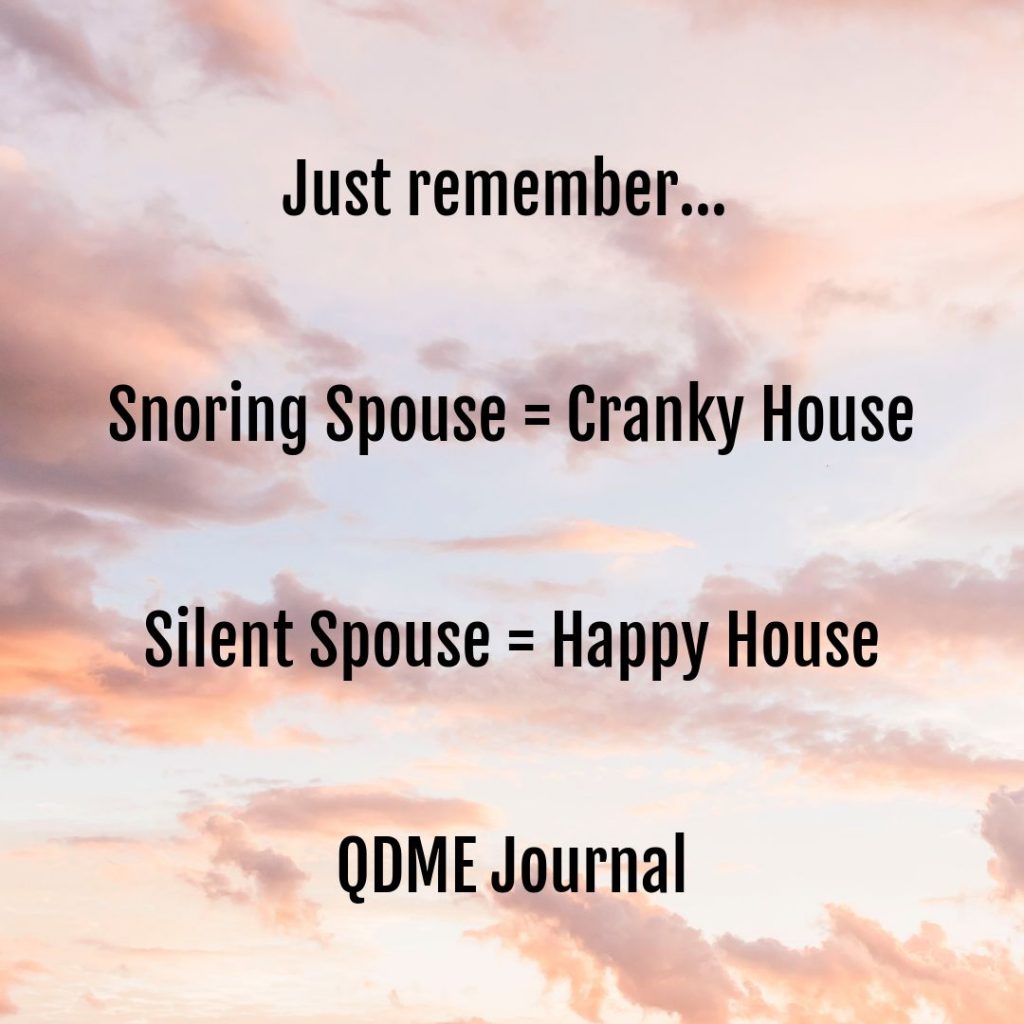Decoding the Connection
We define stress as “a state of mental or emotional strain or tension resulting from adverse or demanding circumstances.” – Oxford English Dictionary
Hypertension, often referred to as High Blood Pressure (HBP), is defined as “the force of blood flowing through your blood vessels being consistently too high.” – American Heart Association
Not getting the correct amount of sleep every night can cause increased stress and anxiety. It can also put you at a higher risk of developing high blood pressure or worsen already high blood pressure.
Stress
Sleepopoplis discusses the relationship between sleep and stress. It has been found that individuals who consistently sleep fewer than 8 hours per night are more prone to experiencing symptoms of stress. These symptoms may manifest as increased irritability or anger, a sense of being overwhelmed, and a general lack of motivation.
There are many reasons stress can cause poor sleep. Higher adrenaline levels cause increased heart rates which result in restlessness at night. Many people who suffer from chronic stress wake up a lot throughout the night, as worrying is a big reason people will lay awake. Whether it’s finances, relationships, or work, many factors cause people to have issues with sleep.
Trying to lower stress levels will help to improve sleep. The National Sleep Foundation recommends trying some relaxation techniques to help with stress. These methods include meditation, deep breathing, and muscle relaxation. The Foundation also recommends exercising daily; any type of exercise, whether it’s yoga, swimming, or even walking, can help to boost your mood and sleep. Physical activity is an excellent way to promote good sleep, as well as your overall health and stress levels.
Sleep Advisor has a great guide that looks at the impact stress can have on our sleep. Click Here to check it out!
Sleep Apnea and Blood Pressure
If you are someone with Obstructive Sleep Apnea (OSA), you are probably not getting the adequate amount of sleep that you need. The National Sleep Foundation discusses a study in this article showing that adults who slept fewer than six hours a night had double the risk of stroke or heart attack as others who slept up to eight hours. OSA plays a significant role in heart health.
OSA can cause restrictions with breathing, which makes the oxygen levels in the body drop and leads to an increase in blood pressure. The rise in blood pressure puts stress on the blood vessels’ walls to elevated levels that are higher than normal – this is called Hypertension.
If you or someone you know suffers from OSA, make sure to talk to a healthcare provider about treatment options. Proper treatment can help get your blood pressure levels back on track. Other lifestyle changes, like a healthy diet and exercise, can help to improve blood pressure.
Make the best decisions for your well-being so you can be both healthy and stress-free!
Check in with the QDME Journal for new blogs and fascinating topics!

Follow Us to learn even more!



